When COVID hit, destabilizing both jobs and housing, maternity homes across the country braced for an influx of desperate expectant mothers.
Yet, after implementing new safety measures to keep capacities up, nearly half of the maternity homes responding to an August survey by National Maternity Housing Coalition facilitator Mary Peterson reported the numbers they served had dropped.
“We believe that increase still may happen, but the reality of what many of our homes have seen is a reduced call volume in this season,” Peterson said.
[Click here to subscribe to Pregnancy Help News!]
Vicki Krnac, executive director at Hannah’s Home in Mentor, Ohio, said, “At first there might have been a fear of being in an unstable environment with a pandemic. Then when the stimulus checks came out and they couldn't be evicted from their apartments, help with utilities and things like that became the norm.”
“We’re only operating at 40% of capacity, which is really down for us,” Krnac said.
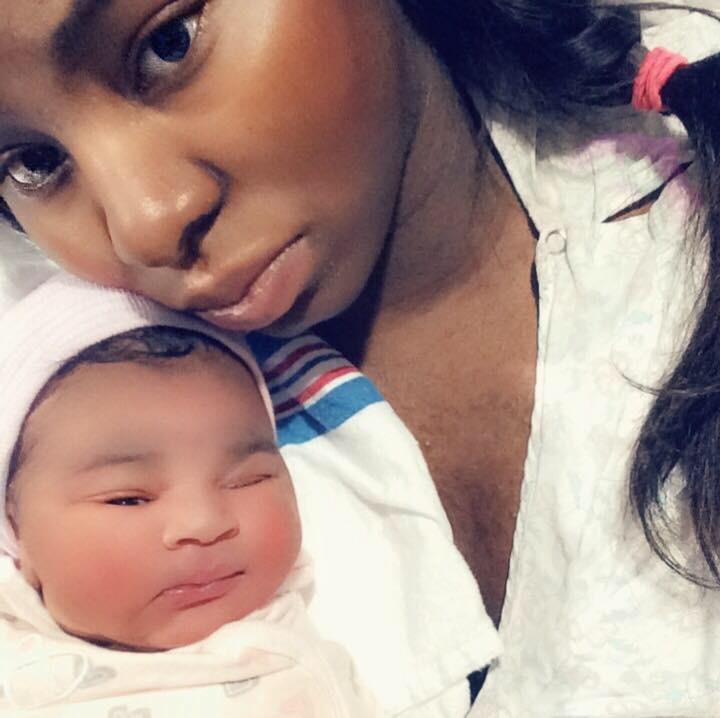
Executive Director Katie Montes of Mary’s Mantle in Southfield, Mich., expressed concern that women were not receiving the help they needed.
“The main factor is that women in crisis are not being seen by as many people—social workers, doctor offices, hospitals, or crisis pregnancy centers—because of COVID,” Montes said.
Kesha Franklin, executive director at Lifeline Village Maternity Home in Tuscaloosa, Ala., agreed.
“I would say pregnancy resource centers are our number one referral source,” she said. “So, if they're not seeing as many women, we're not seeing as many referrals.”
And fewer referrals could mean expectant women’s needs went unmet.
“Our deepest hope is that women are in stable, safe, encouraging, loving environments,” Peterson said. “If our movement needs to step up and do things differently so we can welcome those women who are especially vulnerable to abortion and in very dangerous situations, we are eager to do that.”
Tweet This: “Our deepest hope is that women are in stable, safe, encouraging, loving environments."
Homes ramp up direct outreach
To help women search for their own maternity housing, Peterson, also Housing Specialist for Heartbeat International, created a map-based, online housing locator tool linked to coalition member homes.
Those homes have also started “experimenting with billboards, bus campaigns, improvements to their websites,” according to Peterson.
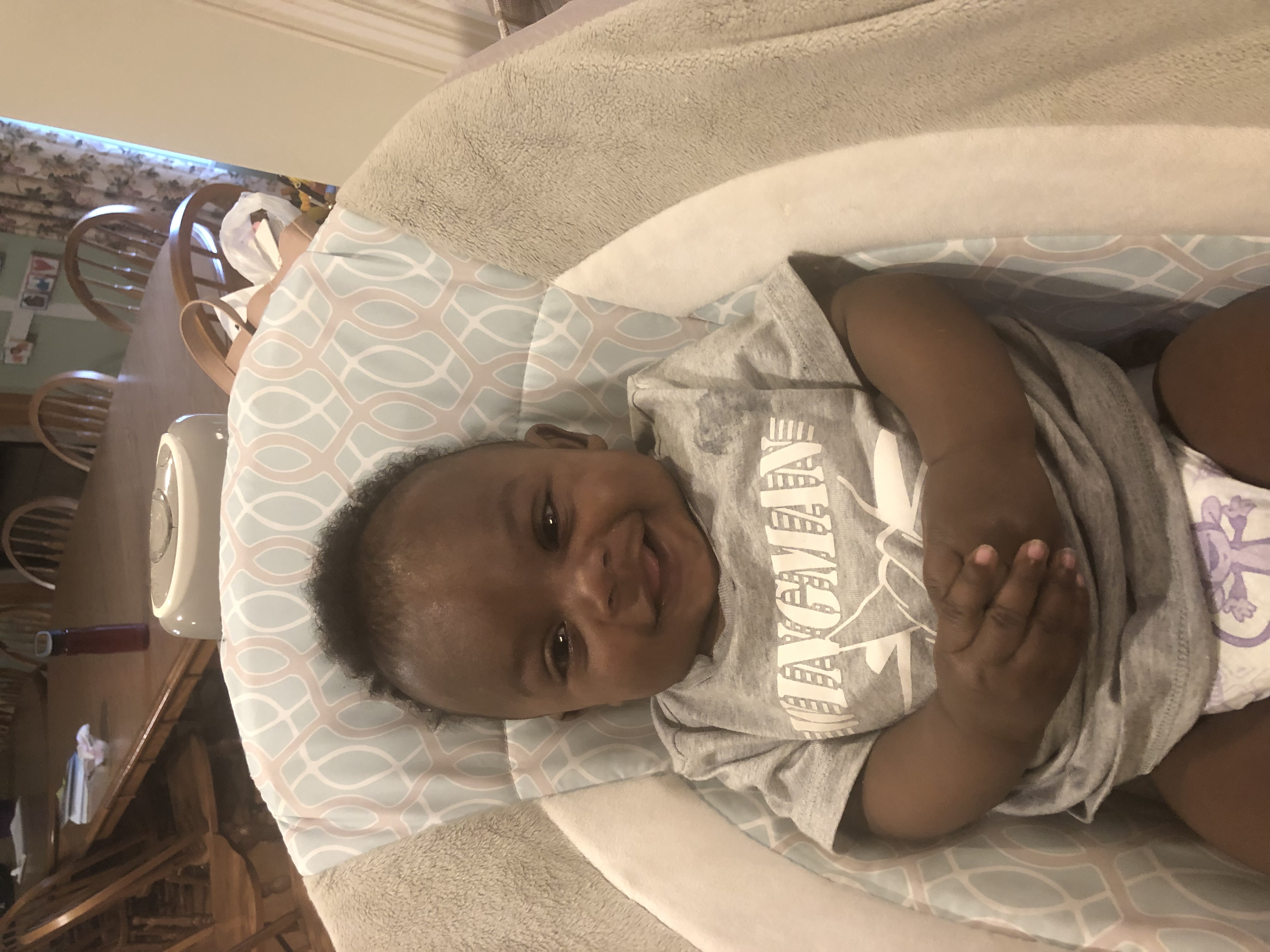
Montes and her Mary’s Mantle team, for example, initiated more direct client outreach.
“We are in the process of setting up social media accounts specifically directed toward clients,” she said. “We are doing more outreach in communities that young women in need may frequent; community colleges, community health clinics, etc.”
Further, several coalition member homes launched non-residential programs this year.
“We're making the resources we have available to others in the community,” Peterson said, “whether that's material aid resources or some of our educational programming.”
Franklin’s Lifeline Village, as a ministry of Lifeline Children’s Services, already had a head start in this area, since her organization also serves pregnant women who don’t seek housing.
“We serve women outside the home with all these same opportunities—of being educated, of having somebody walk through this pregnancy with them and answer questions and guide them,” Franklin said.
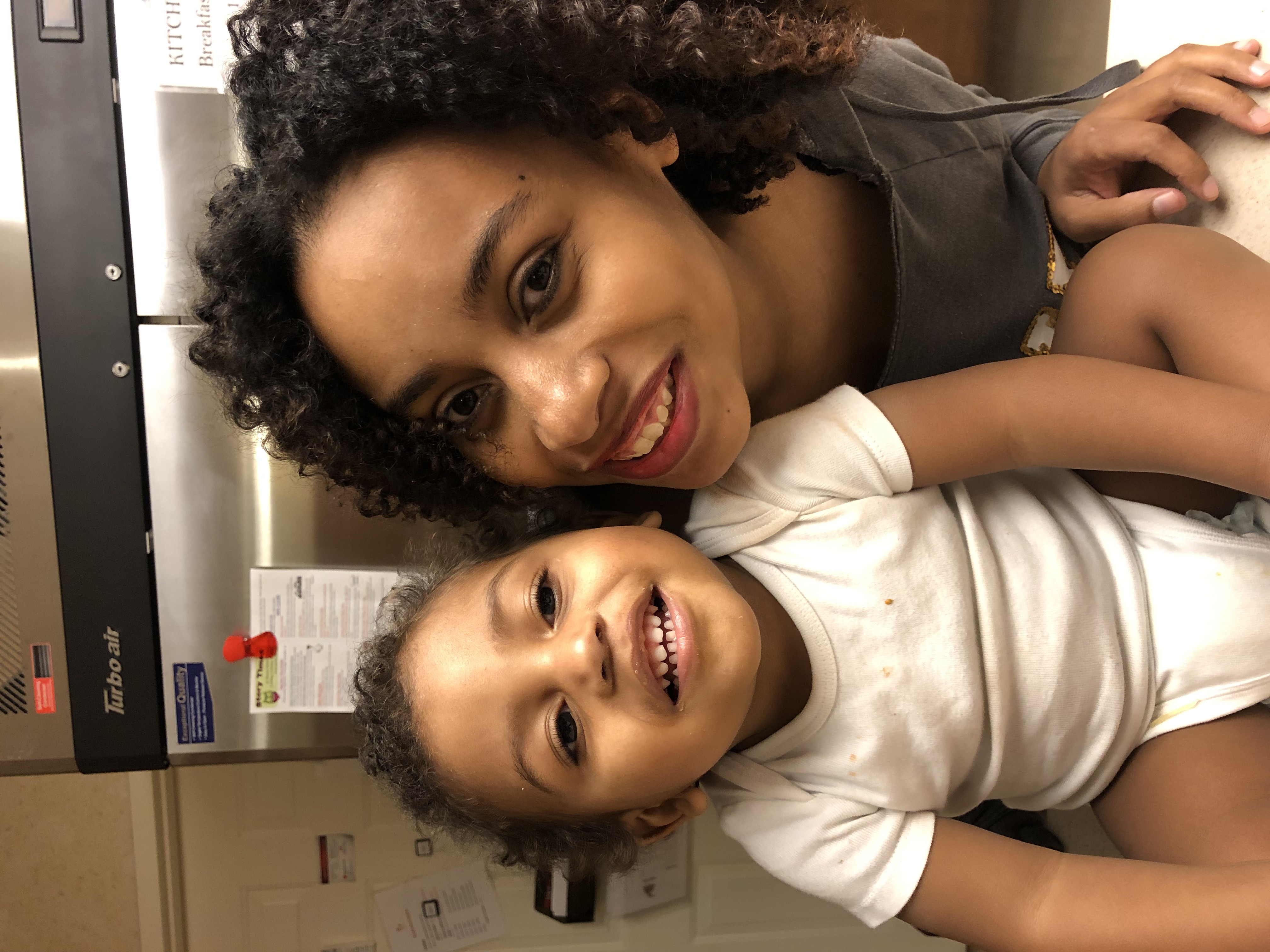
At Hannah’s Home, Krnac created a similar offsite program for non-resident mothers. And on June 1, 2020, she opened a state-licensed daycare center within the same spacious facility as her maternity home, to serve both resident and alumnae mothers.
“The mothers were losing their day care, and therefore losing their jobs because they couldn't go to work,” she said. “It's really been a huge blessing to be able to still stay connected and still provide services through the daycare.”
Maternity housing: Much more than shelter
Krnac, Montes and Franklin all described their homes as supportive environments providing a wide array of services to residents. They deliver those services within a context of rigorous programming, individualized to equip each woman for a successful, healthy life with her child.
“Our home offers more than just shelter,” Franklin said. “We're offering an opportunity for a woman to learn a new way of living and to become stable and Independent, so she can transition from our program to a more permanent housing situation.”
She added, “We take a holistic approach as we focus on the individual and what she needs to accomplish while she's a resident in our home. This includes goal setting, budgeting, counseling. We also acknowledge the impact trauma has had on these ladies that we serve, so we are trying to address that in better ways.”
For these purposes, homes like Krnac’s employ social workers, counselors, house managers, and volunteer coordinators, all trained to live and work in daily contact with women recovering from mental health issues.
“These adult women have had massive crisis in their lives,” she said. “The pregnancy wasn't the crisis. The pregnancy was just the common thread that brought them to our organization.”
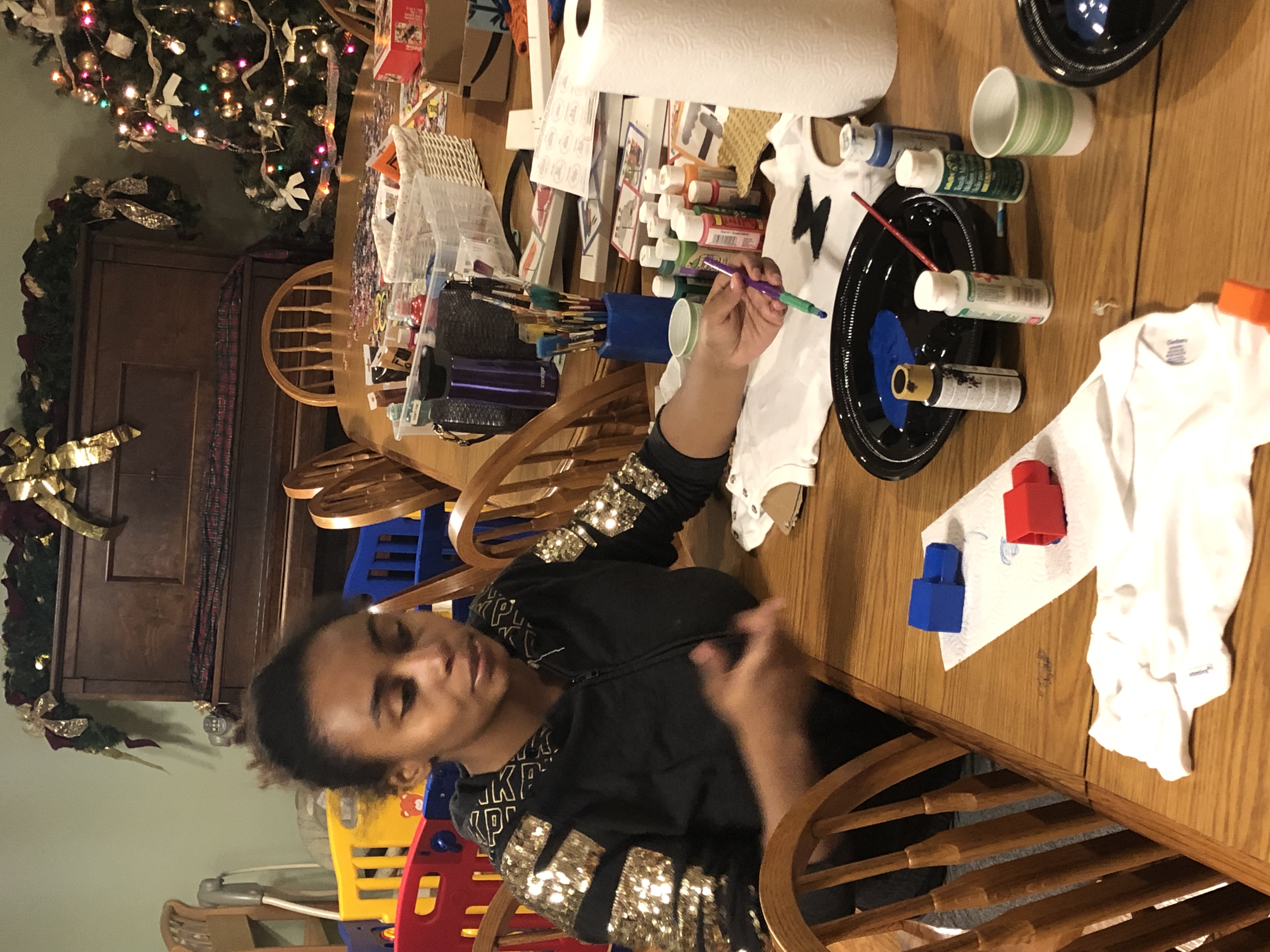
including art, sewing, card-making and scrapbooking
Franklin said, “You have trauma, mental illnesses, all these things that can make it difficult for women to reach the goals they have set for themselves.”
“But when you're parenting it's even more important to reach those goals, to obtain housing and transportation, to develop a support system, because it's not just you,” she said. “There’s a little person coming.”
Homes play vital role in healing communities
Peterson noted communities need maternity homes to help solve their hot-topic problems like homelessness, poverty, and the related impacts on infant brain development and maternal health. Maternity homes develop “all kinds of creative ways to help the mom increase her employability and education so she can provide for her child,” she said.
However, being faith-based in nature, members of the National Maternity Housing Coalition desire even more for their moms than economic stability.
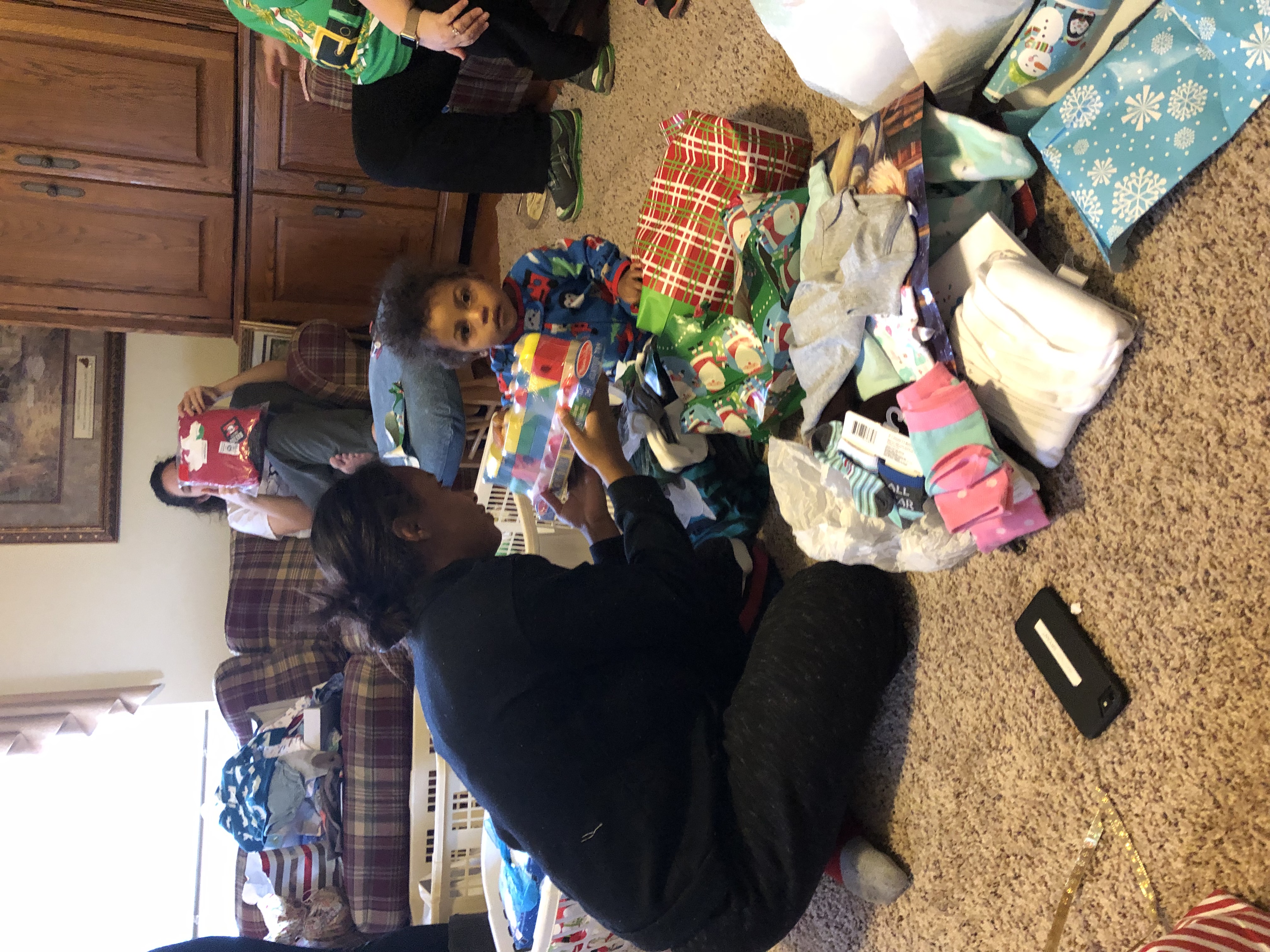
“The homes want moms to experience healing and wholeness, whether it's healing and wholeness through encountering Christ, or also through the hard work of counseling and being in the context of relationship,” Peterson said. “We know so much of woundedness comes via relationships, therefore the healing of being in healthy, stable relationships is really important as well.”
Will numbers rise again?
Peterson doubts the numerical decline some homes are seeing is a fixed trajectory.
“It is definitely our opinion that this reduced call volume is just a COVID-related trend,” she said. In fact, “We have 32 pregnancy centers that have recently opened homes.”
Overall, Peterson said, “We're trying to be creative about how we send out the message that homes are available and eager to serve.”







